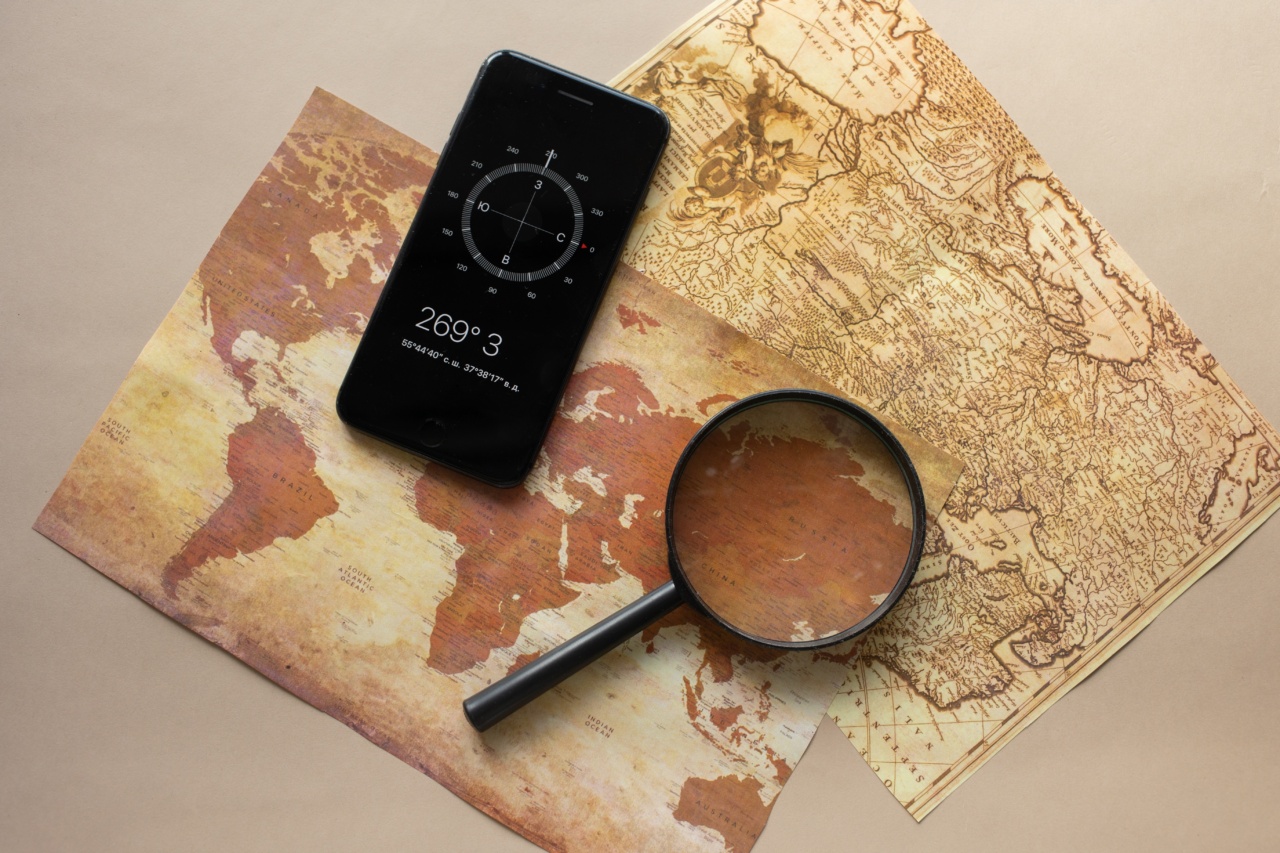Having healthy and lustrous hair is a common desire for many people. To achieve and maintain vibrant hair, it is essential to nourish it from within. This can be accomplished by incorporating hair-nourishing vitamins into your diet.
In this picture guide, we will explore the top vitamins that promote healthy hair growth and outline where to find them.
Vitamin A
Vitamin A is essential for promoting healthy hair follicles and scalp. It aids in the production of sebum, which keeps the hair moisturized and prevents dryness and itchiness. Great sources of vitamin A include:.
- Carrots
- Sweet potatoes
- Mangoes
- Spinach
- Kale
Vitamin B
The B-vitamin complex, including Biotin (Vitamin B7), Folate (Vitamin B9), and Niacin (Vitamin B3), plays a crucial role in maintaining healthy hair growth. These vitamins help carry oxygen and nutrients to the scalp and hair follicles.
Foods rich in B-vitamins include:.
- Eggs
- Salmon
- Almonds
- Avocado
- Lentils
Vitamin C
Vitamin C is an excellent antioxidant that helps combat oxidative stress, a factor that can contribute to hair damage and premature aging. It aids in the production of collagen, which strengthens the hair shafts and prevents breakage.
Citrus fruits and vegetables rich in vitamin C include:.
- Oranges
- Kiwi
- Strawberries
- Bell peppers
- Broccoli
Vitamin D
Vitamin D is crucial for hair follicle cycling and hair growth. It helps stimulate the hair follicles, leading to increased hair growth and a reduction in hair fall. Exposure to sunlight is the best source of vitamin D.
However, it can also be found in the following foods:.
- Fatty fish (salmon, mackerel, sardines)
- Egg yolks
- Mushrooms
- Fortified dairy products
Vitamin E
Vitamin E is a powerful antioxidant that not only protects the hair from damage but also improves blood circulation to the scalp. It aids in reducing oxidative stress and promoting hair growth. Rich sources of vitamin E include:.
- Almonds
- Sunflower seeds
- Spinach
- Avocado
- Swiss chard
Zinc
Zinc is an essential mineral that promotes hair tissue growth and repair. It helps maintain the oil-secreting glands on the scalp, preventing dryness and dandruff. Zinc can be found in the following food sources:.
- Beef
- Pumpkin seeds
- Chickpeas
- Oysters
- Spinach
Iron
Iron plays a vital role in carrying oxygen to the hair follicles. Insufficient iron levels can lead to hair loss and slow growth. Including iron-rich foods in your diet can help promote healthy hair. Some iron-rich options include:.
- Lean red meat
- Shellfish
- Legumes (lentils, chickpeas, beans)
- Leafy greens (spinach, kale, collard greens)
- Tofu
Omega-3 Fatty Acids
Omega-3 fatty acids nourish the hair follicles by providing essential proteins and nutrients. They also have anti-inflammatory properties, which can help prevent hair loss associated with inflammatory skin conditions.
Foods rich in omega-3 fatty acids include:.
- Fatty fish (salmon, trout, sardines)
- Chia seeds
- Walnuts
- Flaxseeds
- Soybeans
Selenium
Selenium is a trace mineral that helps boost hair elasticity and strength. It works alongside antioxidants to promote a healthy scalp and prevent dandruff. Selenium-rich foods to consider include:.
- Brazil nuts
- Tuna
- Shrimp
- Brown rice
- Eggs
Protein
Protein is a building block for hair and contributes to its strength and structure. It is essential to consume enough protein in your diet to support healthy hair growth. Excellent sources of protein include:.
- Lean meats (chicken, turkey)
- Fish
- Eggs
- Legumes
- Dairy products (milk, yogurt)
In Conclusion
Incorporating these hair-nourishing vitamins into your diet can significantly improve the health and appearance of your hair.
Remember to consume a well-balanced diet that includes a variety of nutrient-rich foods to ensure you are getting all the necessary vitamins and minerals. Additionally, consult with a healthcare professional or a registered dietitian to determine the most suitable intake of these vitamins based on your individual needs and health condition.































